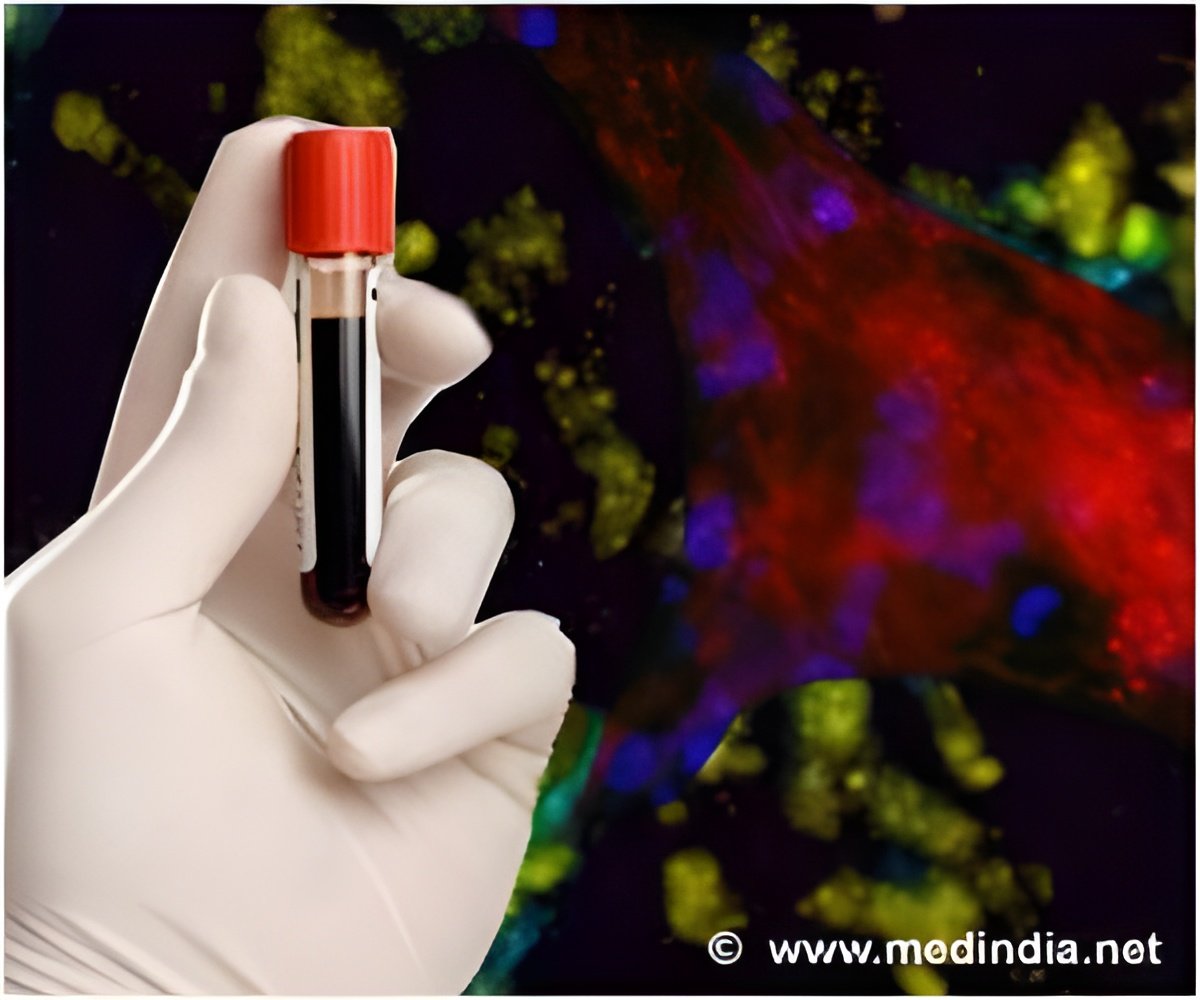Researchers are hoping to develop artificial platelets that can help natural blood platelets to form clots faster, thereby saving the lives of soldiers and victims of severe trauma.

"The nanoparticles have a huge impact on survival—not just in the short term, but in the long term," said Erin Lavik, an associate professor of biomedical engineering at Case Western Reserve. Other researchers had raised concerns that the foreign matter would interfere with healing, or form free-floating clots, but "we saw none of that."
The research, published in the Proceedings of the National Academy of Sciences this week, show the survival rate of mice models of blast trauma treated with the nanoparticles increased to 95, compared to 60 percent for those untreated.
Also, no unwanted side effects, such as accumulation of the nanoparticles, clot formation or aberrant healing, were found during examinations one ands three weeks after the injection.
Lavik worked with Margaret M. Lashof-Sullivan, Erin Shoffstall and Kristyn T. Atkins, of Case Western Reserve; Nickolas Keane and Cynthia Bir of Wayne State University and Pamela VandeVord of Virginia Tech.
Explosions account for 79 percent of combat-related injuries and are the leading cause of battlefield deaths, according to researchers at Veterans Affairs hospitals and the federally run Uniformed Services University of the Health Sciences.
Advertisement
Advertisement










